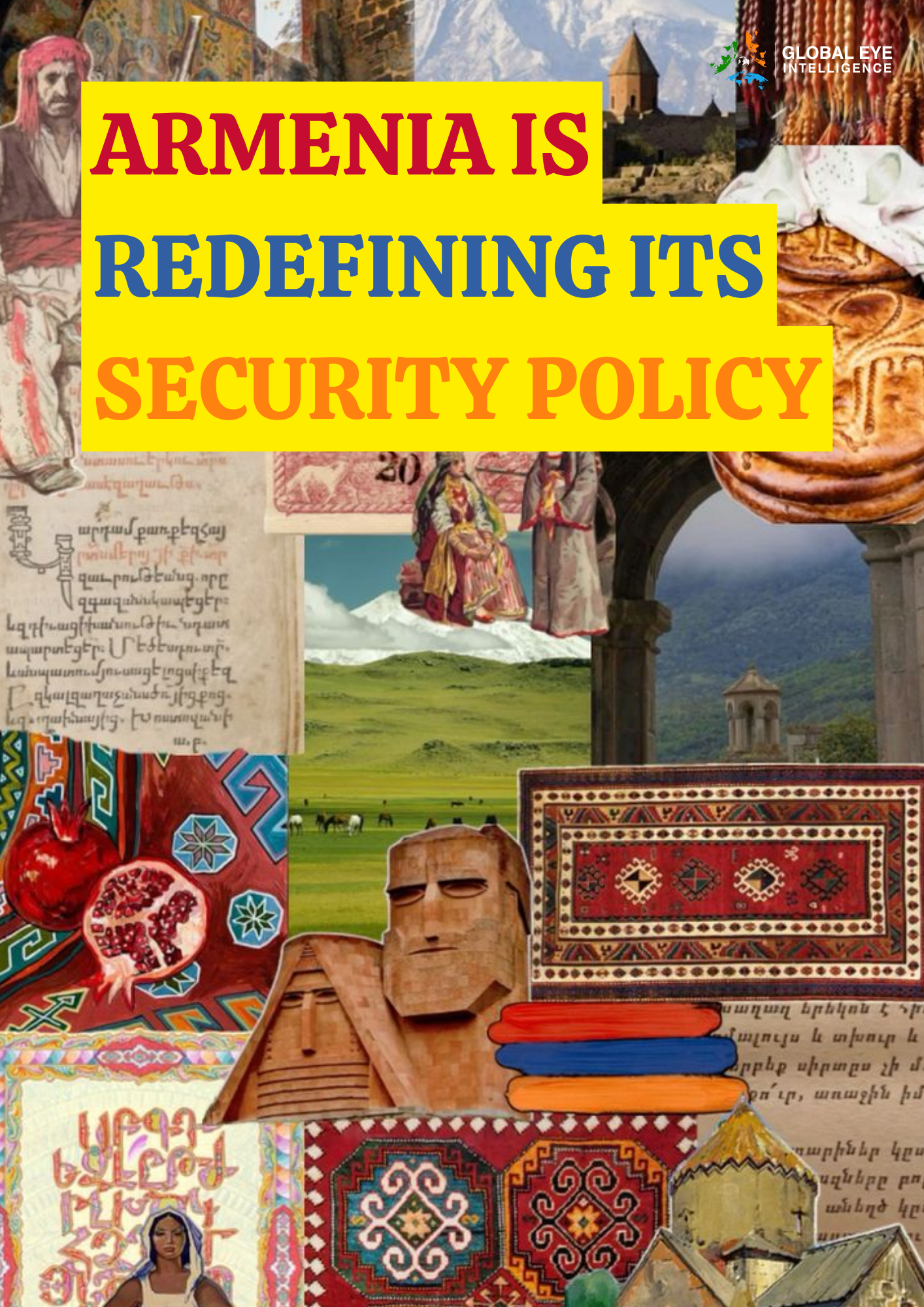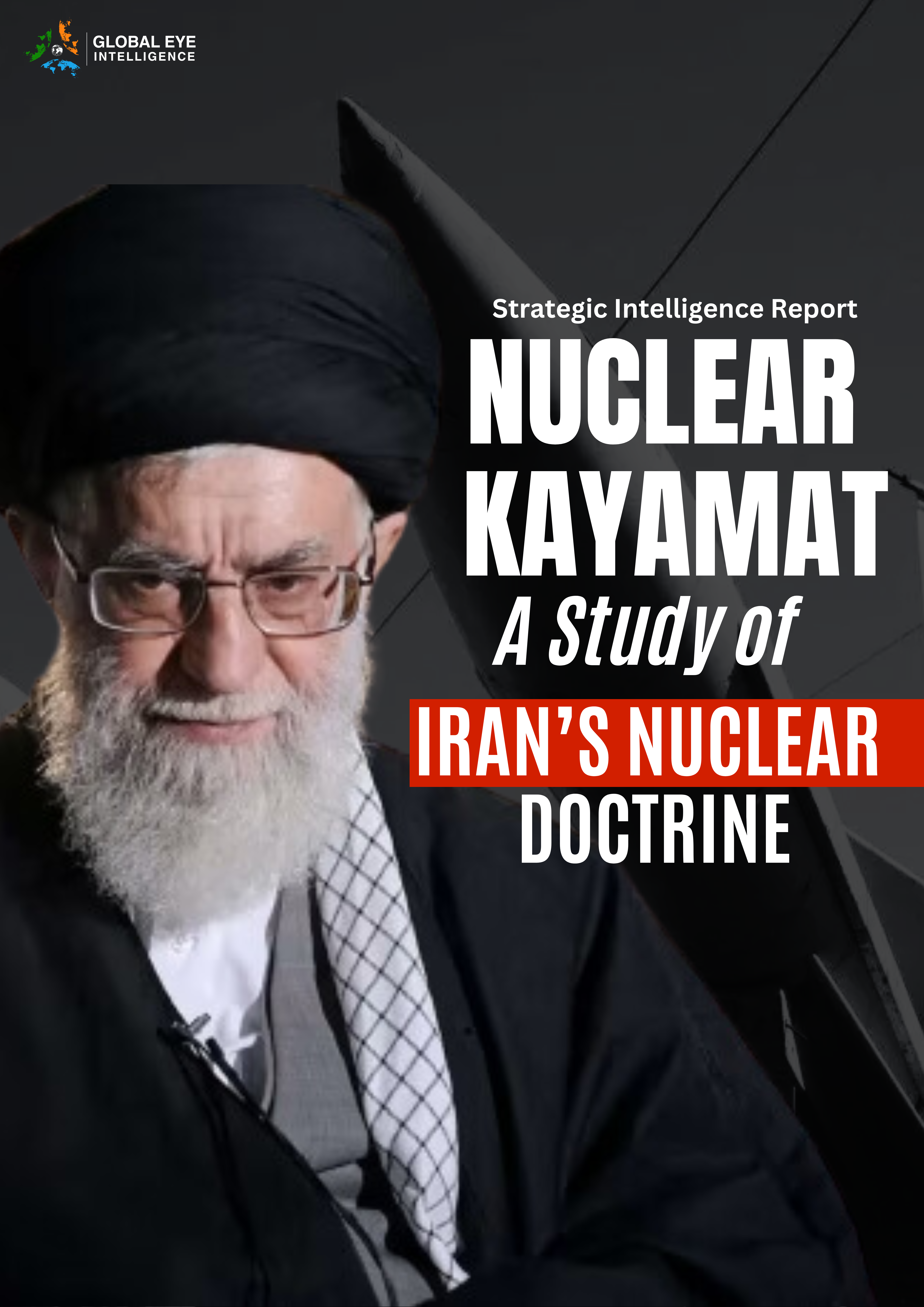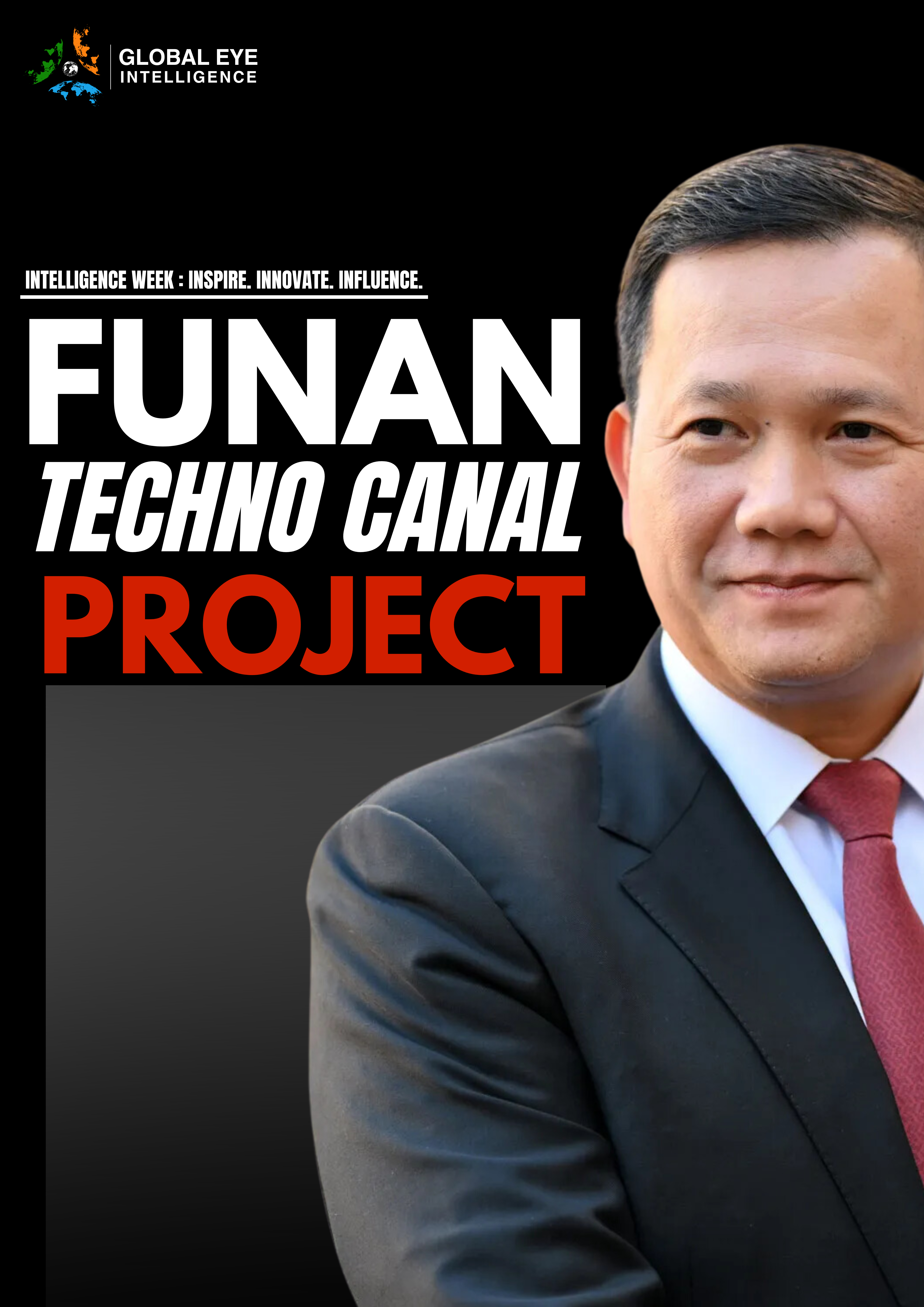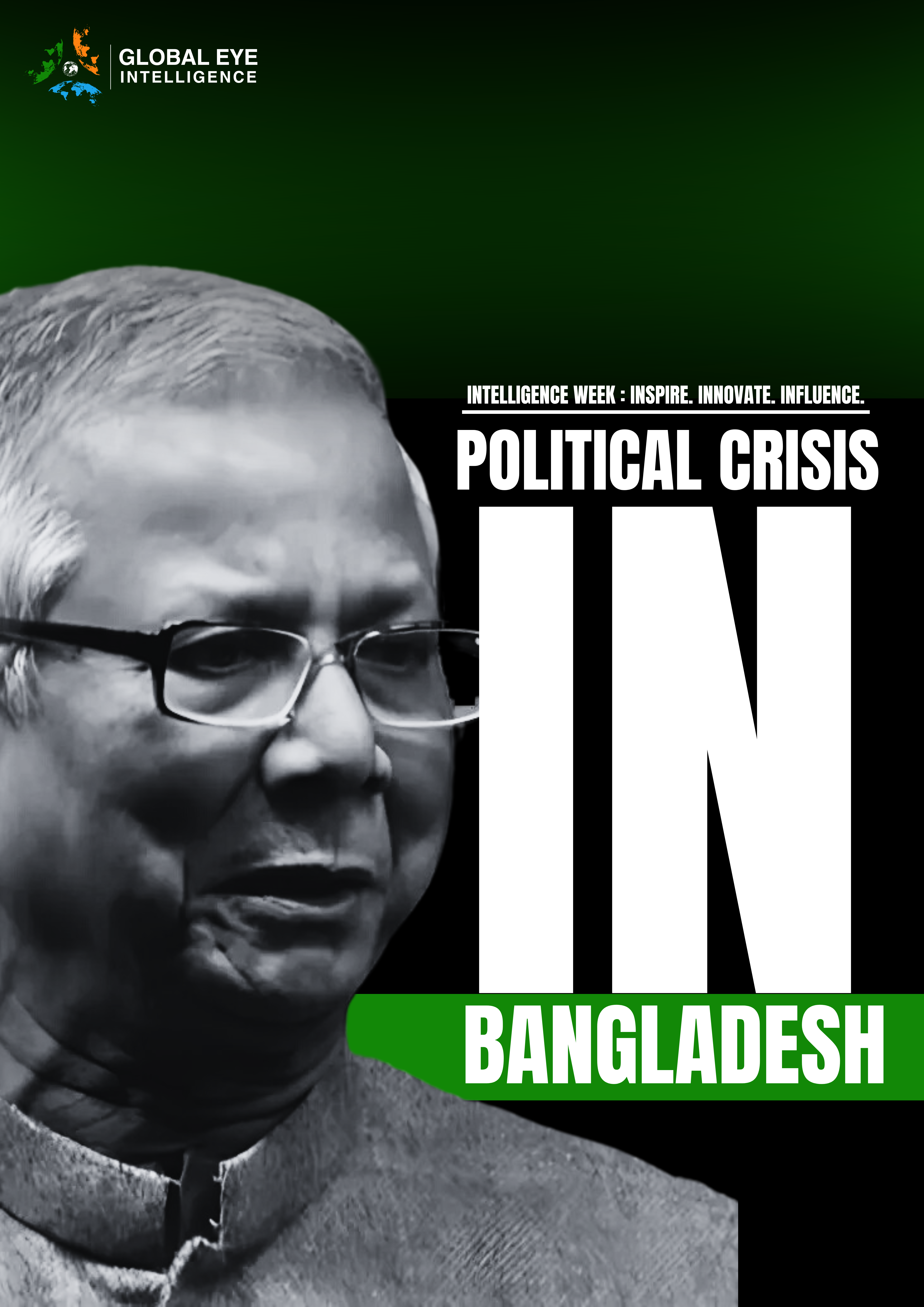
- Capital City: Pyongyang
- General Information Official Language: Korean
- Currency: North Korean Won / (KPW)
- Population (2024): 26.53 million (2024)
Political Overview
Government Type
Totalitarian, communist state, socialist state, dictatorship, one-party state
Key Leaders
- Supreme Leader – Kim Jong Un
- Premier – Kim Tok Hun
Political Stability Index
-0.4 (2022)
International Alliances
- UN, ASEAN Regional Forum, CBD, G77, IMO, IPU, WHO
Economic Overview
GDP (Nominal)
$29.6 billion (2023)
GDP (PPP)
$300–375 billion (2023)
Key Industries
- Manufacturing
- Agriculture
- Mining
- Military & Defense
Top 5 Importers/Exporters
Top exports include Tungsten ore ($30.9 million), Refined petroleum ($27.3 million), Ferroalloys ($25.3 million), Electricity ($20.4 million)
Molybdenum ore ($13.7 million). Top export partners are, 2022, China (52.7%), Senegal (10.8%), Nigeria (5.6%), Poland ($9.58 million) and Netherlands ($7.8 million).
Top imports include from China (98.3% for soybean oil, rubber tires, and packaged medicaments in 2022). Soybean Oil ($48.8M), Rubber Tires ($44.3M), Packaged Medicaments ($41.3M), Light Rubberized Knitted Fabric ($34M), and Rice ($33.2M), importing mostly from China ($894M), Zimbabwe ($2.8M), Netherlands ($2.41M), India ($1.74M), and Colombia ($1.63M).
Social Indicators
Human Development Index
Not included
Literacy Rate
100%
Life Expectancy
73.5 years (2024)
Geopolitical Relevance
Strategic Location
Borders with China, Russia and South Korea. Yellow Sea, Sea of Japan and Korean Strait (key waterways access). Control of land routes (resource-rich Russian Far East and China’s northeastern provinces to South Korea and beyond)
Key Conflicts
Korean Peninsula conflict with South Korea (armistice agreement and DMZ), Tensions with the U.S., Japan and South Korea
Border Issues
With South Korea over DMZ, North Korean defectors occasionally attempting to flee through China,
Military Strength
2024, etimated with 1.3 million active personnel, 600,000 reservists and 5.7 million Worker/Peasant Red Guard reservists, among many unarmed units. No formal alliances for military, though cooperate with China and Russia for military purposes.
Related Posts
-

Turkish Sphere of Influence
Introduction Strategic intelligence on Turkey’s geopolitical ambitions examines the frameworks and strategies shaping its role in regional and global politics. Turkey’s evolution from Kemalism to Neo-Ottomanism reflects a shift towards leadership aspirations among Turkic-speaking nations in Eurasia. This report delves into the historical, geographical, and contemporary factors underpinning Turkey’s strategic posture while analyzing its challenges…
-

AI Chip Standoff
Executive Summary The United States has instructed Taiwan Semiconductor Manufacturing Company (TSMC) to cease supplying advanced AI-capable chips to Chinese clients, effective November 11, 2024. This restriction targets chips with 7nm or more advanced technology critical to AI accelerators and GPUs. The directive underscores rising U.S.-China tensions over national security and technological supremacy, driven by…
-

Climate Change for Pacific Islands
Executive Summary: The security challenges faced by Pacific Island countries like Tuvalu, Kiribati, and Fiji differ markedly from the broader Indo-Pacific security concerns, which typically involve major powers such as the USA, China, Japan, Australia, and India. For these island nations, climate change represents the most pressing security issue, on par with conventional threats like…
-

BRICS Pay
Executive Summary BRICS Pay, a digital payment system under the BRICS Cross-Border Payment Initiative (BCBPI) developed by the BRICS+ nations, seeks to establish an alternative global financial network to reduce reliance on the Western-dominated SWIFT system. This report evaluates the strategic implications of BRICS Pay as a parallel infrastructure to SWIFT, analyzing the motivations driving…
-

Armenia’s Security Policy
Context: Since gaining independence from Russia in 1991, Armenia has prioritized a pro-Russia stance while fostering friendly ties with the U.S., EU, Iran, and NATO. This approach primarily aimed to counter Turkey’s regional influence in the South Caucasus. Key Stakeholders: Armenia, Turkey, Russia, US, EU Current Developments: In the past four years, Armenia has faced…
-

Hezbollah and Its Connection with Global Crime
1. Executive Summary: Hezbollah’s transnational criminal activities have evolved into a complex web that spans the globe. The group’s involvement in global crime is driven by its need for funding, particularly as it continues to fight IDF troops in Lebanon, try to formulate its position as a key actor amongst the ‘Axis of Resistance’ and…
-

Geopolitical Implications of China’s Border Activities with Nepal
1. Executive Summary: Recent Chinese activities along the Nepal border, such as fencing and border fortifications, not only sound a message of expanding claims over the region’s territories but also send out a sense of potential threats to the South Asian region arising out of Chinese influence and affecting the sovereignty of Nepal and security…
-

Nuclear Kayamat- A Study of Iran’s Nuclear Doctrine
Executive Summary Recent developments in West Asia have instilled a feeling of deep insecurity in terms of global security. Nuclear weapons are a scientific marvel of the 20th century, embodying both the pinnacle of military deterrence and the ultimate destructive capability. Born out of the atomic age, these weapons harness immense energy which has the…
-

Funan Techno Canal Project
Executive Summary: Cambodia’s 180-kilometer-long artificial waterway and the first-ever inland-sea link, the Funan Techno Canal, is set to transform and fuel the geopolitical landscape of the region. The project, estimated at US $1.7 billion, is largely financed by China and is seen as an economic boom by reducing dependence on Vietnamese ports and easing its…
-

Political Crisis in Bangladesh
Executive Summary Ongoing political activities and protests in Bangladesh, such as demands for a change in government policies and an end to job age restrictions, alongside international responses to people like Muhammad Yunus, herald uncertainty in the country. These events can shake the economy of Bangladesh, test regional relations with India, and even affect the…

